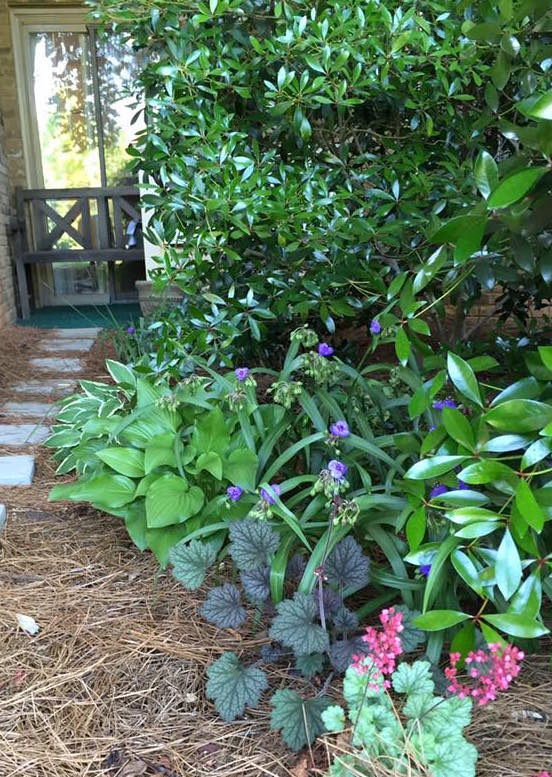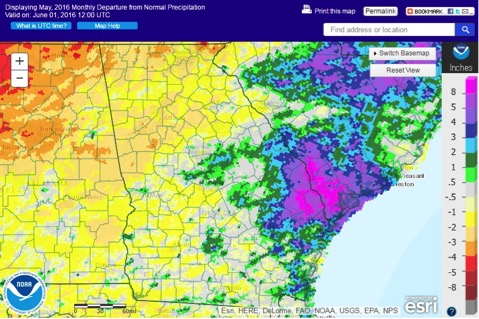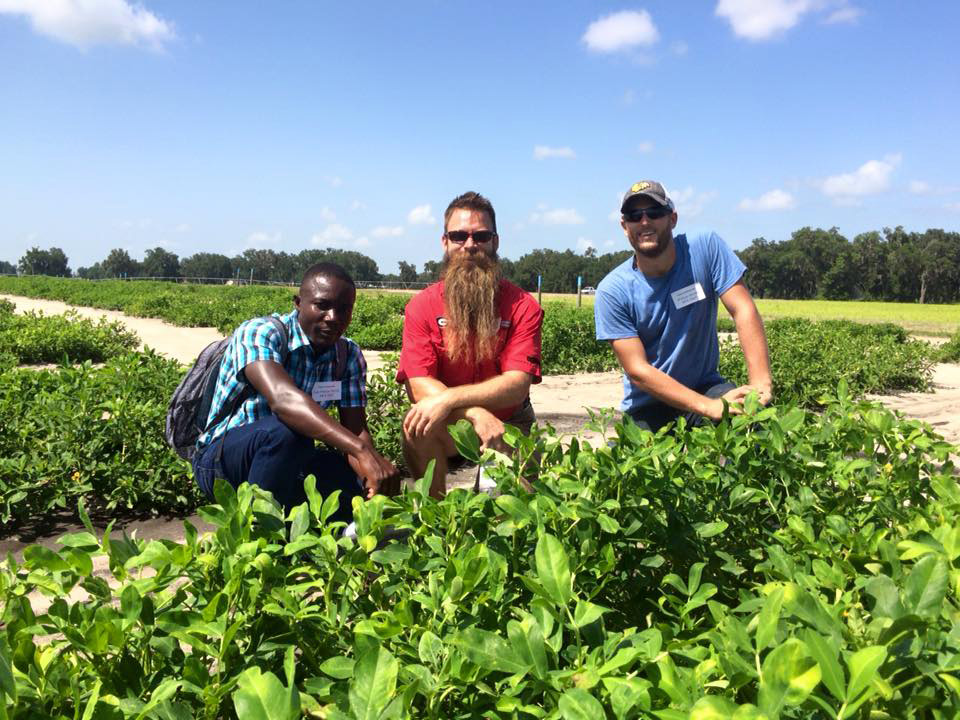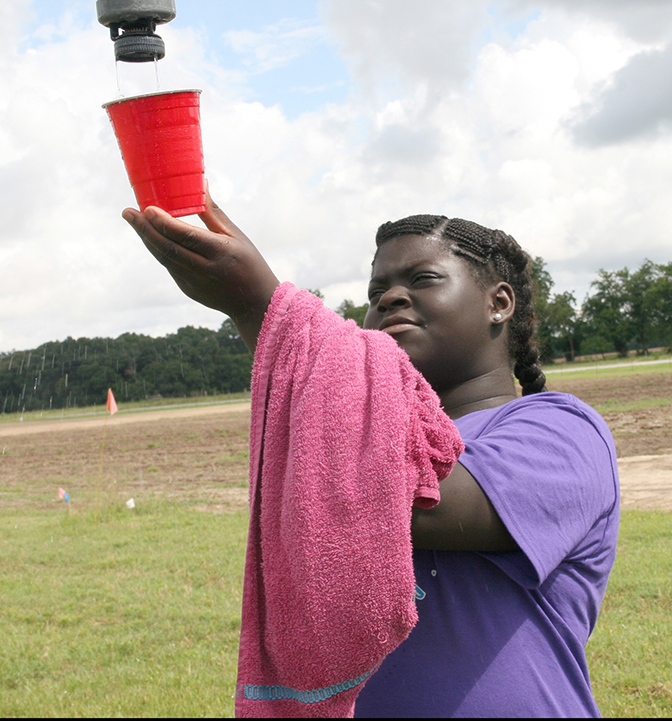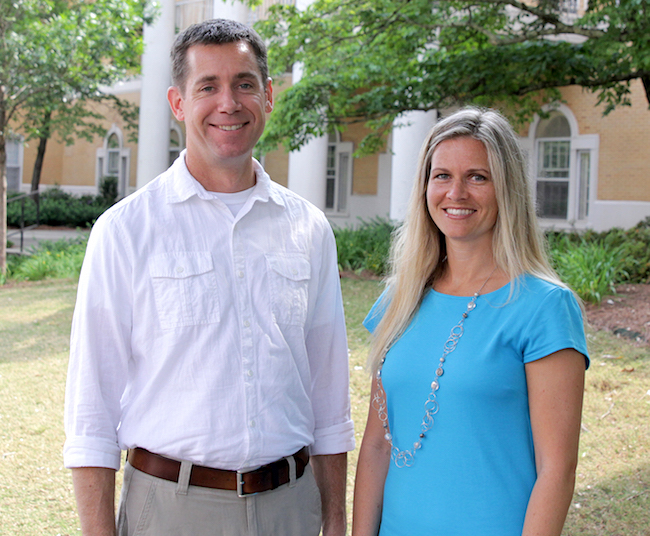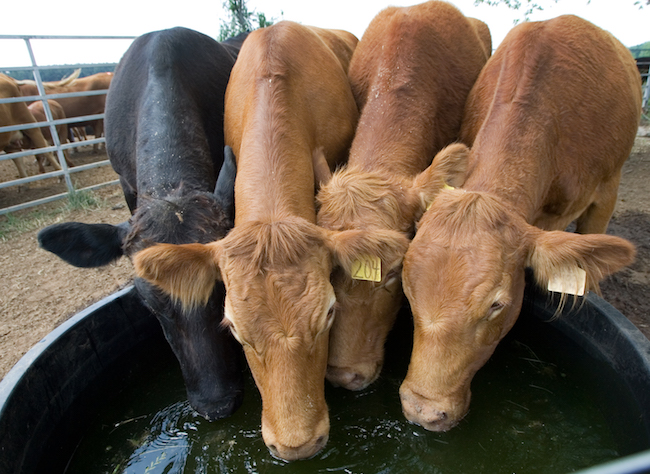 CAES News
CAES News
Cattle drinking from farm ponds can hurt livestock, fish and shoreline
Many Georgia farmers use their fish ponds as water sources for livestock. A pond located in a pasture is a convenient and dependable source of water for stock, but letting cattle have free access to a pond is not the best decision for the animals, the pond or the fish that live there.

